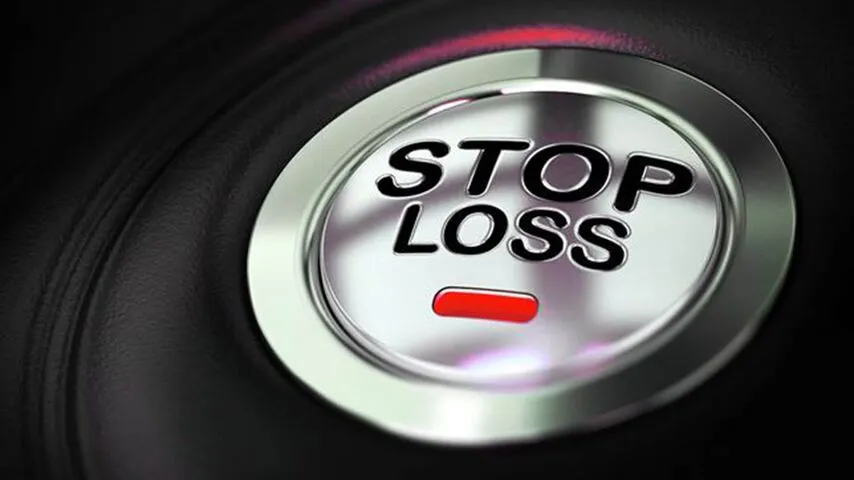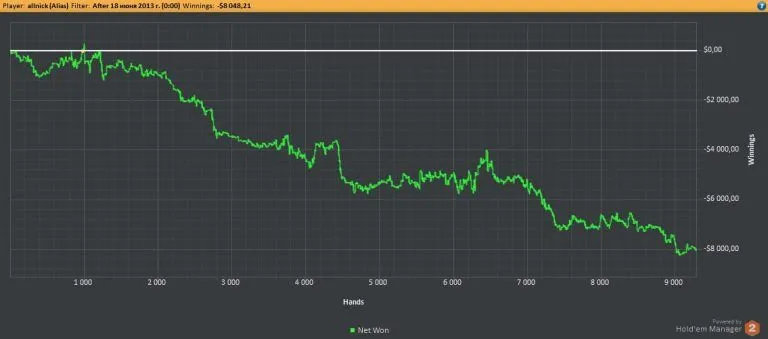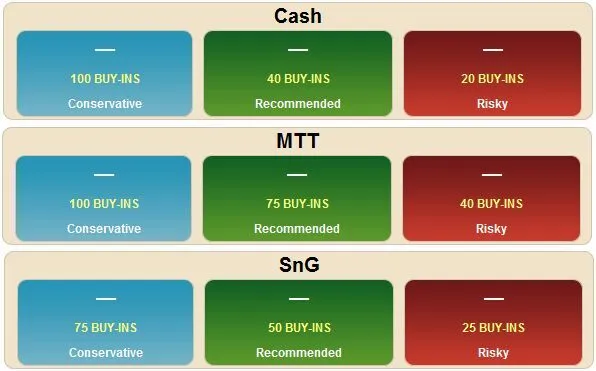What is stop loss? Both poker and trading are two hobbies that are directly related to the risk of loss. No one guarantees profit. One of the techniques that helps avoid particularly large losses during downstreaks is a stop loss.
In the language of poker players and traders, a stop loss strategy is a set limit on losses per session. If you have lost more, stop the session that day. Failures affect your psychological state, and there is a risk of acting less optimally in the hope of winning back. This, of course, increases the risk of even greater losses.

In trading, the term means something slightly different. The shareholder determines the minimum price they are willing to sell at in the event of a sharp, uncontrollable collapse. They suffer losses, but not as critical as if the stock price continues to fall.
A stop loss in poker is mostly used by cash game players. It's easier for them to track their current bankroll, and they can get up and interrupt the session anytime. Tournament players should also study stop loss, as there are often situations where a player, after being eliminated, registers for the next (often more expensive) tournaments hoping to win back losses. This usually leads to losing control and falling into tilt.
Size and Types of Stop Loss
Everyone determines their own limitations. For some, losing $100,000 in a session is normal; for others, $50 is critical. We recommend setting stop loss based on your bankroll. There are two approaches to limiting:
– Value relative to your bankroll: Let's say you're playing cash with a $1,000 bankroll. To avoid going down one or more limits the next day, limit yourself to losing $50-$100. As soon as your bankroll drops to $950, consider ending the session. This may seem overly conservative, but that's why bankroll management exists – to allow playing poker no matter the results of a particular session.
– Downstreak duration: Losing streaks often last more than one hour, sometimes weeks or months. It's important to stop and take a break if the downswing strongly impacts your psychological state and strategy. Extra hours at the tables will not lead to anything good and can further weaken your psyche.
Why Do You Need a Stop Loss?
Bankroll management and stop loss were not invented by losers afraid of losing large amounts. When you sit at a poker table, you automatically accept risks and understand any session may end at a loss.

But experienced players control the loss so it can be won back over the next few days.
The human psyche works this way. Even professionals suffer from tilt. In poker, a positive result can only be achieved with a clear head, making balanced, adequate decisions. This is only possible when the pressure of failures is not weighing on you. Always try to sit at the table in optimal condition, rested and well-slept – then the chance the game goes differently than last time will be much higher.
All About Bankroll Management
There are several approaches to bankroll management, based on financial capabilities and character:
– Aggressive: You put in fewer buy-ins per limit than more careful players. The method works effectively in upswings, as rising in limits occurs rapidly. However, in downswings, the fall will be just as fast and painful. Typically, aggressive BRM uses about 40 big blinds per limit. For example, if you play NL10, that's $400. As soon as you have $800, you can try NL20. With this approach, setting a close stop loss is important – if you lose 3-5 buy-ins, take a break.
– Conservative: This style is suitable for people who want to play poker calmly and earn money. The limit is set at 100 buy-ins or more, allowing confidence even during failures.

Also, check out reviews of the best poker rooms on GipsyTeam. Many, such as RedStarPoker or GGPoker, provide lucrative bonuses for beginner players.






How to Learn Poker Quicker
Poker involves an element of luck or fortune, whichever term you prefer.
There is no guaranteed result and even pocket Aces periodically loses to weaker hands. But if you play a lot and make the right decisions, you will definitely be profitable. Many professionals have been winning for years. Their secret is not innate talent, although it helps. What's more important is the time you devote to working on your game and the quality of that work.
Experience is also important in poker. Get it without extra expenses in freerolls – free tournaments where you can win real money by reaching the prize zone. Find the full schedule of free tournaments and current freeroll passwords in a special section on GipsyTeam (click the block below).
To play in any of these weekly tournaments, simply create an account in the appropriate room using the GipsyTeam links. Instructions are on each poker room's page. If you have questions, ask our free support service any day and any time. Experts will tell you how to register in any poker room with maximum bonuses and install the software.
- Increased first deposit bonus
- Increased rakeback and reloads
- Help with deposits and cashouts
- Access to private freerolls
- Round-the-clock support





















